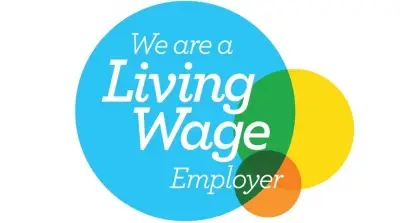The Living Wage is an hourly rate calculated by the Centre of Research in Social Policy at Loughborough University. Earlier this week it was announced that the Living Wage will increase by 20p to £7.85 an hour. New rates will be implemented by 1st May 2015.
In the Capital the Living Wage is set by the Greater London Authority and is based on a combination of a basic living costs and income distribution, taking into account the unique circumstances of living in London.
The Mayor of London announced on Monday that the London Living Wage will increase to £9.15 an hour. His vision for London 2020 is that the London Living Wage will be the norm. This year alone 400 new employers were fully accredited as Living Wage Employers, however the Mayor recognises more still needs to be done to encourage employers to sign up, particularly within the London Boroughs.
5.28 million workers in Britain – equal to 22% of the workforce are still paid below the Living Wage. The National Minimum Wage rate is currently £6.50 an hour for anyone 21 and over, 17% less than the Living Wage and 29% less than the London Living Wage. With the costs of living increasing over the last few years, many people are still struggling.
According to research released by KPMG this week there are widely held concerns among those earning below the Living Wage who expect their finances to worsen in the next 12 months. Research also shows that debt levels have continued to rise amongst this group. Mike Kelly, Head of Living Wage at KPMG said:
“Unless wages rise, a significant sector of the UK population will see themselves caught between the desire to contribute to society and the inability to afford to do so.”
Not surprisingly part-time workers, many of whom are women (74%), are worse off than their male counterparts. 27% of women earn less than the Living Wage, compared to just 16% of men. This is not acceptable.
So whilst there has been great progress in the last 12 months, more still needs to be done to improve the standard of living for more than 5 million workers in Britain. This can only be achieved by continuing to encourage employers to sign up and commit to paying their staff the Living Wage rather than the National Minimum Wage.
To quote The Living Wage Foundation: “The Living Wage is a fair day’s pay for a hard day’s work” and at PLMR we couldn’t agree more. That is why PLMR is proud to be a Living Wage employer.
Chrystella Smith is PLMR’s Human Resources Manager, responsible for shaping and driving PLMR’s human resources strategy
Related links
PLMR becomes Living Wage accredited employer, showing commitment to fair wage for interns




